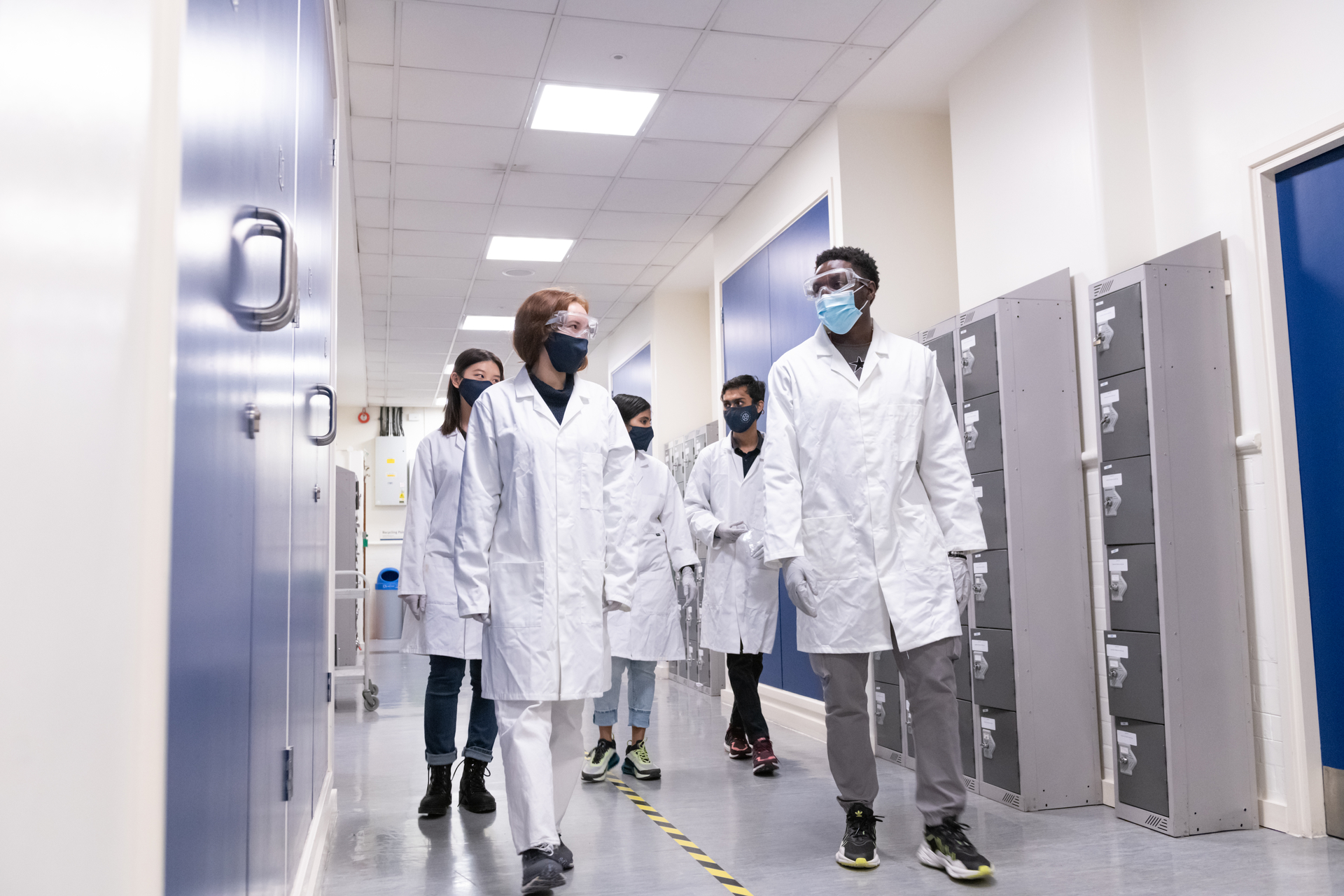Centre funding
Centre funding
Developing research at the convergence of the life, clinical, engineering and physical sciences is the key focus of the CRUK Convergence Science Centre. The Centre supports emerging ideas with its own seed funding scheme: the Development Fund. The aim is to promote new approaches and accelerate the adoption of new innovations in clinical practice and research. The primary intention of this seed funding is to develop the preliminary data required to build a more substantive project that could attract funding from external sources.

Applications for our 2025 Development Fund are now closed.
Full details, guidance document and application form can be found here.
The Centre offers training opportunities for clinical and non-clinical students; our approach harnesses the diverse expertise and infrastructure of a globally renowned university and a world leading influential cancer research institute. In addition, we create custom-built skills courses that complements the research undertaken by our students to equip them with the skills and confidence to succeed in any sector including academia, industry, business, politics, and healthcare. Our model builds unique student cohorts that focusses on topical issues in cancer research and utilises novel engineering and physical sciences approach to address them – this is what we mean by convergence science.
